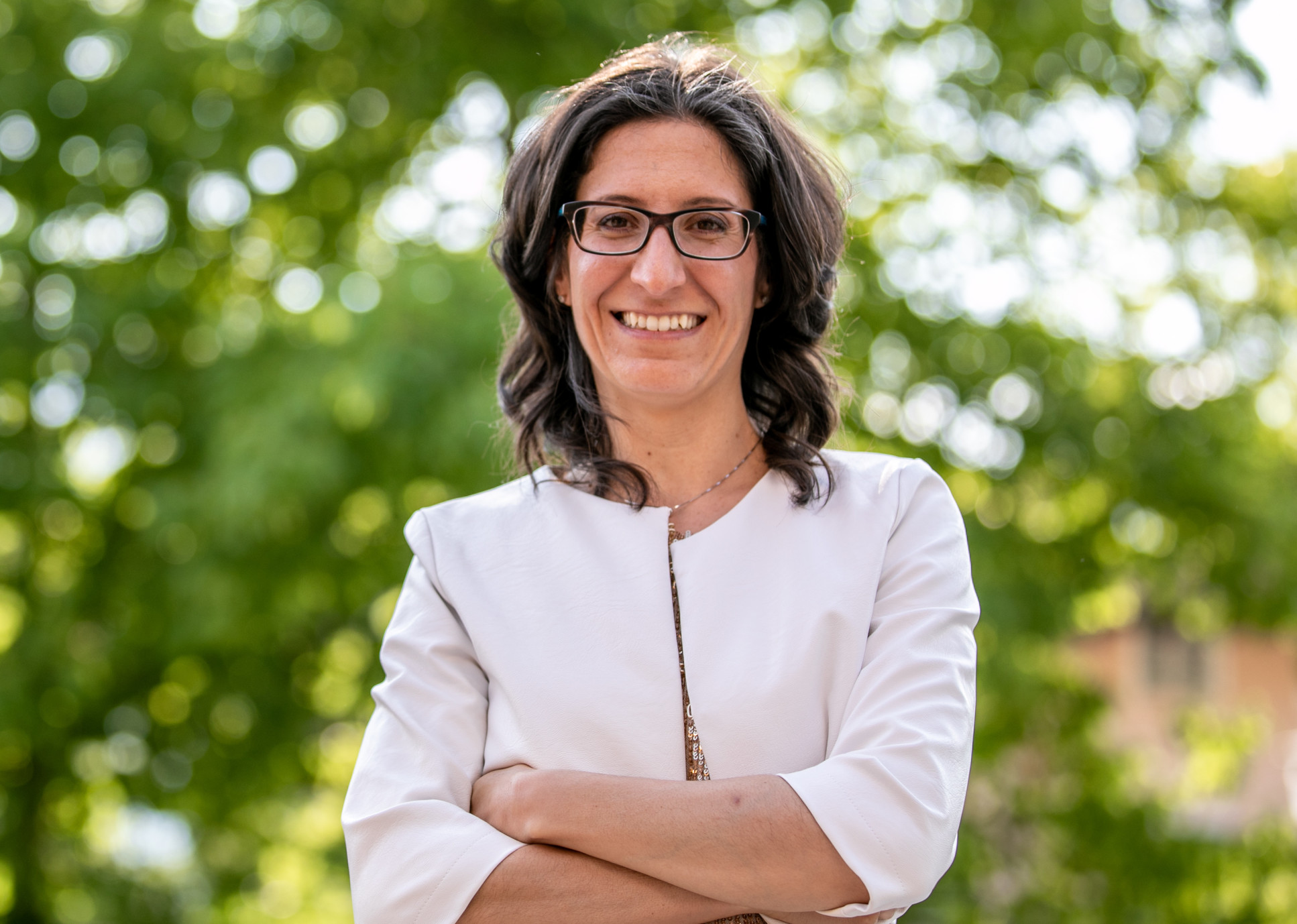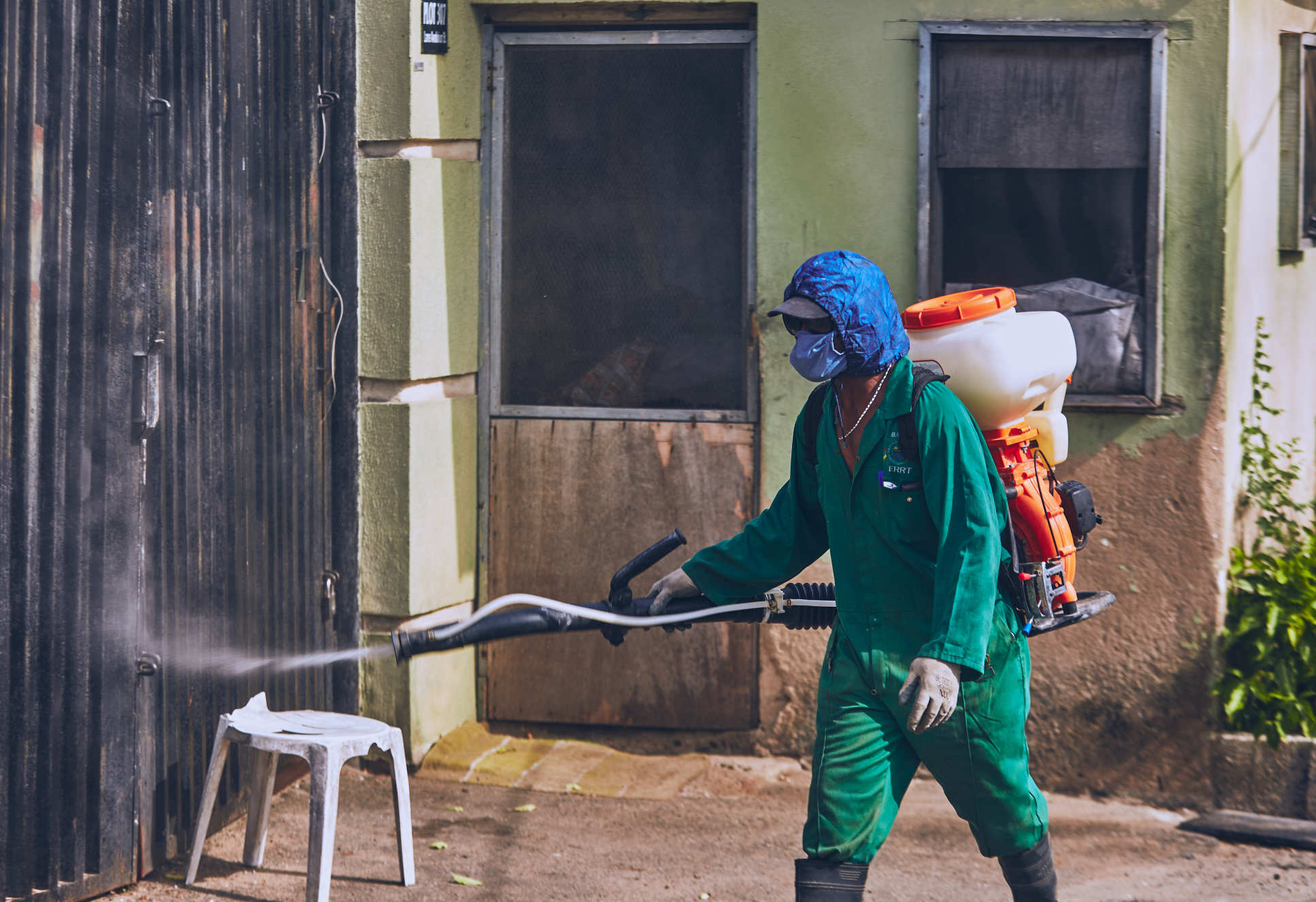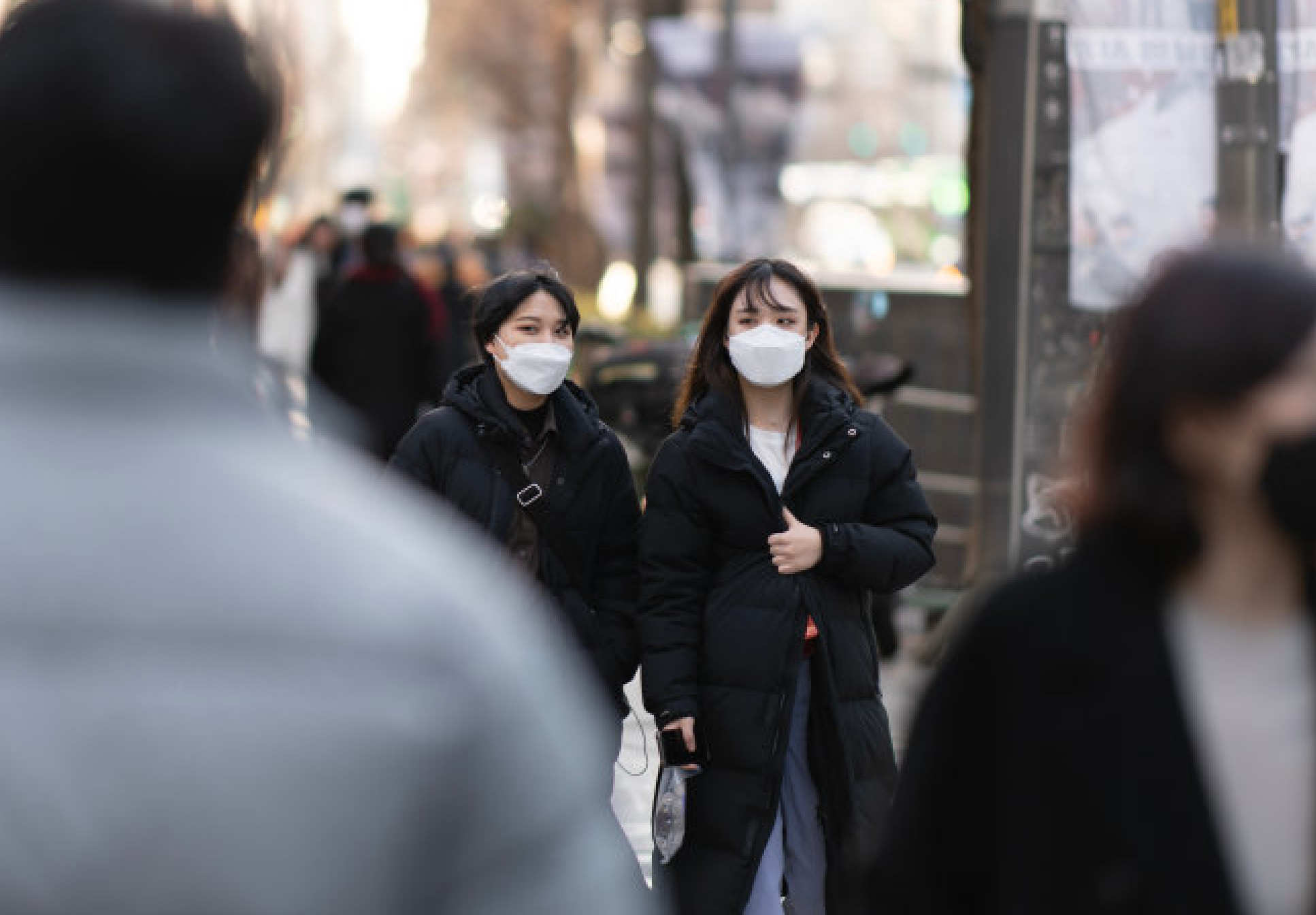The global impact of Imperial's COVID-19 Response Team

Imperial’s COVID-19 Response Team have been working with health services and governments around the world to help plan responses to the pandemic.
The coronavirus pandemic has been the greatest global health challenge for more than a century.
Since January, the team have been working relentlessly to model the pandemic in real-time, providing policymakers and health leaders around the world with the latest estimates of the scale of outbreaks.
The team are embedded within Imperial’s MRC Centre for Global Infectious Disease Analysis (MRC GIDA) and the Abdul Latif Jameel Institute for Disease and Emergency Analytics (J-IDEA) both based in the School of Public Health.
Professor Neil Ferguson, who leads the team, said: “We have dealt with a lot of infectious disease crises, clearly none quite on the scale of this, but we exist to provide quality support and we have an established process for creating teams that work together."
Pandemic planning
To help health services around the world plan their response to the pandemic, the team developed coronavirus outbreak simulation tools for 137 countries.
The platform, Covidsim.org is a scenario analysis tool which can make projections of the prevalence of infections each day and the expected number of people requiring hospitalisation and critical care facilities.
Working with policymakers all over the world
The team's world-leading scientists have been central to informing global leaders on the pandemic’s outbreak and the effect of possible strategies to control the outbreak.
The team are currently working with many governments in countries among the hardest hit, including: Brazil, Italy, South Africa, the UK and the USA.
The UK and Europe

The COVID-19 Response Team have been providing the UK government with models of the pandemic outbreak.
Professor Ferguson has regularly given evidence to UK parliamentarians, taking part in Science and Technology Committee hearings in March, and June, as well as a House of Lords committee in June.
Professor Ferguson and colleagues are working with the UK Government to understand the impact of gradually lifting locking and introducing ‘test and trace’ measures.
The Scientific Advisory Group for Emergencies (SAGE), chaired by Sir Patrick Vallance, regularly receive reports from the Imperial team.
Dr Marc Baguelin (who has a joint role between Imperial and the London School of Hygiene and Tropical Medicine) and his group produce ‘real-time modelling’ estimates of the all-important effective reproduction number (Rt) of the virus as well healthcare capacity and more recently antibody prevalence in the population.
Professor Peter Openshaw explained his work to track the virus at a House of Lords hearing in June.

Dr Ilaria Dorigatti and colleagues have been collaborating with the Italian Ministry of Health and Istituto Superiore di Sanita’ (the National Institue of Health) since the beginning of the COVID-19 epidemic in Italy, to estimate the potential trajectory of the epidemic and the impact of non-pharmaceutical interventions.
A key study published in Nature found that about 40% of infections were asymptomatic and that the viral load of symptomatic and asymptomatic infections was not statistically different, suggesting that asymptomatic infections may have the potential to transmit SARS-CoV-2.
Dr Dorigatti is now collaborating with the University of Padua to analyse blood samples and help answer questions around heterogeneities in transmission in the population.
The COVID-19 Response team also analysed the likely impact of easing lockdown measures in Italy and the impact on transmission of coronavirus.
A report estimated that coronavirus social distancing measures could have averted up to 120,000 deaths across Europe. An Imperial team used real-time daily data from the European Centre of Disease Control (ECDC) on the number of deaths in 11 European countries: Austria, Belgium, Denmark, France, Germany, Italy, Norway, Spain, Sweden, Switzerland and the United Kingdom.
North America

The team’s landmark report – which predicted 2.2million deaths in the US if no action was taken – influenced the White House’s strategy among other countries.
"The Imperial College model, as we've been following this for weeks, was the best, most accurate model." Andrew Cuomo Governor of New York State
The team are also advising the state of New York as they re-open following lockdown. Dr Samir Bhatt, is leading the work with the State that will integrate data on testing and hospitalisations to build a framework that provides an important thread of evidence for decision-making.
Governor of New York State, Andrew Cuomo praised the team's modelling and personally thanked Dr Bhatt: "The Imperial College model, as we've been following this for weeks, was the best, most accurate model.
“I think Dr Bhatt deserves all our thanks because they really helped us all through this to date, and I want to thank him very much for taking the time to advise us, not just on how we constructed our model to date but what happens going forward as we increase the economic activity and we start to see numbers change."
The team also warned in May that the virus was still uncontrolled in 24 States.
Latin America

Research, supported by Brazil's FAPESP, found that the coronavirus epidemic in Brazil is not yet under control. The team looked at the five states in Brazil with the highest number of deaths and estimate that the population infection levels range from 3.3% in São Paulo to 10.6% in Amazonas.
In Colombia, the team have partnerships with the National Institute of Health. The partnership started in 2017 and has already run projects on Zika and Chikungunya Spread in Colombia. Since the outbreak of COVID-19 the team have been collaborating on real time analysis and response to the virus.
Dr Zulma M. Cucunubá said: "We are working towards expanding our collaboration on preparedness for COVID and future pandemics."
Africa

The team estimated that some low and middle income countries may see deaths related to HIV, TB and malaria increase by up to 10, 20 and 36% respectively over five years due to the COVID-19 pandemic.
Professor Ghani’s group is also working with countries as they come out of lockdown. Most recently they were looking at Nigeria, which had closed state borders within the country and is now relaxing some of those, integrating household quarantine, contact tracing as well as locally targeted responses.
Professor Timothy Hallett and Dr Tara Mangal have been working closely with colleagues from the College of Medicine in Malawi to provide epidemiological insights to guide the national response to COVID-19.
Professor Hallett said: "As part of that we have worked on models together to explore whether the risk of dying would be higher in Malawi than the UK, China or the US, and to try to identify priorities for the health system to be better prepared."
Professor Joseph Mfutso-Bengo, from the University of Malawi, said: "The Imperial College model was presented at the National extraordinary Think Tank on COVID 19 Response organised by Health Economics and Policy Unit of College of Medicine-University of Malawi. This model contributed to evidence informed public health decision-making and response of COVID 19 in Malawi."
In Zimbabwe, Professor Simon Gregson and Dr Constance Nyamukapa from DIDE run the Manicaland Centre for Public Health Research, a scientific research collaboration with the Biomedical Research and Training Institute (BRTI). The team have provided mathematical modelling support - led by Dr Michael Pickles - to the Government of Zimbabwe to guide the national response to COVID-19.
Using DIDE’s ‘Squire’ SEIR model and national COVID-19 surveillance data, and working in collaboration with local partners they have produced a series of projections of the likely course of the COVID-19 epidemic in Zimbabwe and the potential effectiveness of alternative intervention strategies.
These projections have been presented to the Zimbabwe Cabinet on a regular basis and have been used in decisions taken to ease and, most recently, to strengthen the national lockdown.
Asia

Early on in the pandemic, the team estimated the size of the initial outbreak in China.
The team also analysed the situation in South Korea and identified that the country's interventions controlled the transmission of COVID-19 quickly, resulting in a smaller epidemic made up of “clusters” of cases.
The team are also working with a range of key partners to provide modelling and analysis of multiple data sources relevant to measuring the spread and impact of COVID-19 in Indonesia. Partnerships and collaborations include the Eijkman-Oxford Clinical Research Unit (EOCRU), Jakarta Provincial Department of Health, and the National Malaria Control Program (NMCP) of Indonesia Ministry of Health.
Bimandra Djaafara said: "One key project involves using data from Jakarta to assess the optimal use of multiple metrics to monitor transmission both in Indonesia and beyond, including indirect measures of mortality such as funeral data.
"We are then incorporating these estimates into models of the spatial spread of COVID-19 to help understand the implications of the trajectory of the pandemic as epicentres move from major cities to satellite towns and rural areas where access to care is likely to be lower."
Researchers Professor Nicholas Grassly, Dr Nimalan Arinaminpathy, and Dr Margarita Pons-Salort are working with public health institutions in India and the Christian Medical College in Vellore, to help country- and state-level planning of different COVID-19 scenarios. They have also been helping to estimate the impact of the various phases of the lockdown on transmission of the virus (R number) and have been examining how contact tracing could be made more efficient.
Dr Ilaria Dorigatti, Dr Natsuko Imai, Dr Han Fu and Dr Sangeeta Bhatia are also collaborating with partners at the University of the Philippines Manila and the Department of Health of the Philippines, providing regional-level estimates of the impact of non-pharmaceutical interventions and future scenarios.
Article supporters
Article text (excluding photos or graphics) © Imperial College London.
Photos and graphics subject to third party copyright used with permission or © Imperial College London.
Reporter
Stephen Johns
Communications Division